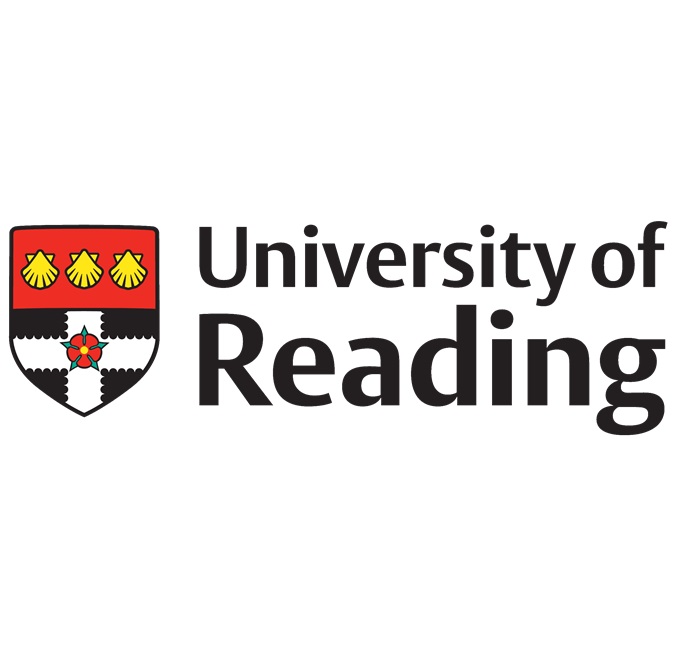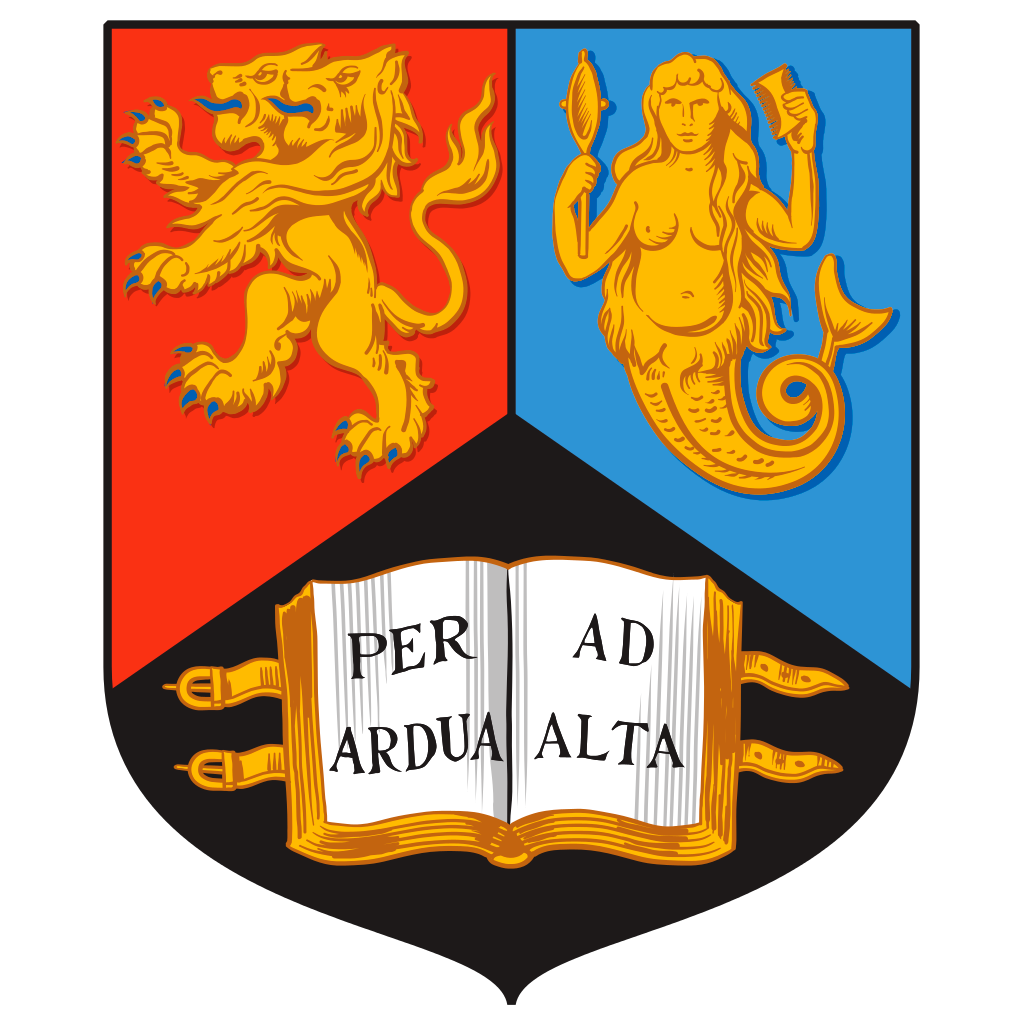Core modules
You will study three core modules:
Historical Approaches
This module provides students with an advanced introduction to some of the ways in which historians have approached a range of prominent themes within the modern historical discipline, such as religion, gender, race, class, community, and conflict. The module introduces these themes through a mixture of case studies and background reading and information, with an emphasis on historiographical development and a range of different theoretical, methodological and interdisciplinary influences, such as sociology, anthropology, the material turn, etc. Each week students are guided in reading influential texts that relate to one of these key themes, and students then meet in small seminar groups to discuss a mixture of historiographical case studies and additional theoretical background.
Assessment: 4,000 word review of approaches to one of the themes covered by the module in your own chosen historical field
Research Preparation
This module is designed to deliver three complementary strands, with the ultimate aim of supporting students on the MA History to design, plan and research an ambitious dissertation topic. The first strand is a series of lectures on key research skills in the historical discipline, ensuring that students are confident when it comes to aspects of research design such as defining a topic, reviewing secondary literature, identifying and accessing appropriate primary sources, etc. The second strand is a series of seminars designed to support specialist sub-disciplinary skills relating to (for example) chronological period or a particular geographical area or methodological approach. The third strand is a series of one-to-one supervisions with an academic advisor, to offer the student guidance and feedback as they devise their own unique research project, and lay the groundwork for their masters dissertation. The module also helps students to develop important skills in presenting and articulating their research to a larger non-specialist audience.
Assessment: 3,000-word literature review (75%), 10 minute oral presentation (25%)
New Directions in Modern British Studies
This module introduces some of the defining debates and moments in Modern British Studies. It offers the opportunity for you to work with a range of specialists from the History Department who will each week introduce key historical works which have stimulated new visions of the past and new ways of thinking about the practice of history. Alongside using these important texts to analyse how British society, culture, and politics has changed across the era spanning the eighteenth to the twenty-first centuries, we will consider how these scholars have approached and conceptualized this era, the subjects they have addressed, and the methods they have used. For instance, we will explore how hierarchical ideas about gender, race, ethnicity, and class shaped the lives of different historical subjects and consider too how these hierarchies have shaped Modern British Studies scholarship. Together, we will ask how we can best write histories going forward which are intellectually inclusive and create conversations that cut across regional, temporal and disciplinary boundaries. What should this kind of history take as its focus, subject matter, scope and methodology?
Assessment: 4000-word essay (100%)
Optional modules
If you choose to study the Modern British Studies pathway you must choose at least 20 credits from the Modern British Studies or Special Subject lists below.
These lists are indicative; not all modules will run each year depending on staff availability.
Modern British Studies
Capital Lives: Experiencing the City in Eighteenth- and Nineteenth- Century Britain
Reason and Romance: The Cultural History of Nineteenth-Century Britain
Gross Indecency to Gay Marriage? Gender and Sexual Minorities 1885 to the Present
‘A Holiday from Reality’: A History of Drugs and Drug Use in the Modern Era
Britain’s Wars of Colonisation and Decolonisation
Sex and Sexualities in the Modern British World
Body Politics
Gross Indecency to Gay Marriage? Gender and Sexual Minorities 1885 to the Present
Homelessness in Britain since 1945
Special Subjects
If you choose a Special Subject as an option, you must take two co-requisite modules to the total of 40 credits. Topics available in recent years have included:
Beauty, Blood, Sweat and Tears: The Body in Britain, c1680-1820: A
Beauty, Blood, Sweat and Tears: The Body in Britain, c1680-1820: B
Empire-wallahs: India in the British Imagination: A
Empire-wallahs: India in the British Imagination: B
British Women and Internationalism since 1850: A
British Women and Internationalism since 1850: B
Any remaining credits can be taken from the wide range of History options. It is also possible to select options offered by other departments such as African Stuides, Classics and Ancient History, Cultural Heritage, Modern Languages, Art History or English - with the approval of the Programme Director. See an indicative list of options.
Dissertation
In addition to your taught modules, you will conduct a piece of independent research with the support of a supervisor, culminating in a 15,000-word dissertation. The dissertation is the culmination of the MA: the moment when you put into practice the skills and knowledge you have built up in the previous modules, and the moment when you take wing as an independent historian. Your dissertation must be on a topic within the pathway area of specialism.
Please note that the optional module information listed on the website for this programme is intended to be indicative, and the availability of optional modules may vary from year to year. Where a module is no longer available we will let you know as soon as we can and help you to make other choices.
Show less









